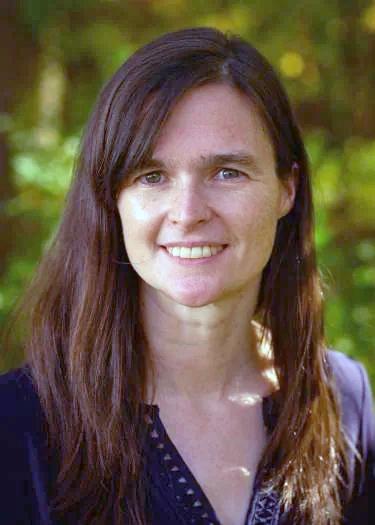
Wildfires have been increasing in frequency and duration in the western U.S. and the wildfire season has been increasing in length such that many regions now claim that there is no wildfire season anymore but that wildfires have become a year-round threat. While there are many causes of the increase in wildfires in the western U.S., it is becoming clear that wildfires not only affect forests and grasslands, but also have impacts on the health of populations downwind. Indeed studies have shown that fine particulate air pollution (PM 2.5) is decreasing in most areas of the United States, except for areas most affected by wildfires, where an increasing trend in PM2.5 can be attributed to wildfire smoke. Studies of the health impacts of wildfire smoke are challenging due to lack of sufficient air pollution monitoring across space, the complexity of the components of the smoke that could affect human health, the numerous health outcomes that have been found to be linked to wildfire smoke, and more. In this talk, Reid will dive into her research that investigates how to better assess population exposure to wildfire smoke, how it impacts human health, and which communities are more affected by wildfire smoke. She will also provide a glimpse into her ongoing work to understand the health tradeoffs of interventions to protect health from wildfire smoke.
Join the talk on Zoom
About the speaker
Colleen Reid is a health geographer and environmental epidemiologist whose research focuses on how environmental and social exposures interact to influence health with a particular focus on exposures caused by global climatic changes and society’s responses to those changes. To date her research has focused on the health impacts of exposure to air pollution from wildfires, extreme heat events, and urban vegetation. Lately, in an effort to focus on solutions to climate change and their health impacts, Reid is overseeing projects on the health benefits of electrification and prescribed burning compared to wildfires. Her research has been funded by the U.S. EPA, the National Science Foundation, the Centers for Disease Control and Prevention, the Robert Wood Johnson Foundation, and the JPB Foundation.
Reid is an assistant professor in the Geography Department at the University of Colorado, Boulder and is a Faculty Fellow in the Institute of Behavioral Science and Earth Lab. She also is the director of the undergraduate certificate in Public Health at CU. She was a post-doctoral researcher at the Harvard T. H. Chan School of Public Health and completed her Ph.D. and MPH in Environmental Health Sciences at the University of California, Berkeley. She also has a Bachelor of Science from Brown University.
Recommended readings
-
Reid, C.E., Considine, E.M., Watson, G.L., Telesca, D., Pfister, G.G. and Jerrett, M., 2019. Associations between respiratory health and ozone and fine particulate matter during a wildfire event. Environment international, 129, pp.291-298.
-
Reid, C.E., Considine, E.M., Maestas, M.M. and Li, G., 2021. Daily PM2. 5 concentration estimates by county, ZIP code, and census tract in 11 western states 2008–2018. Scientific data, 8(1), p.112.
| Attachment | Size |
|---|---|
| colleenreidchflyer.pdf | 134.29 KB |

